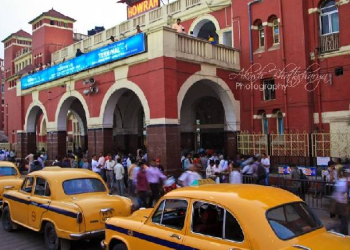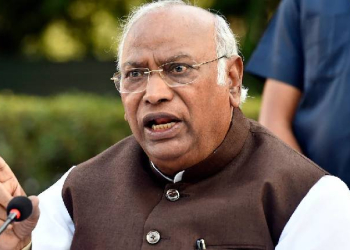New Delhi: The Supreme Court on Tuesday said the courts should be cautious, especially in commercial matters having a serious impact on the economy and employment of thousands of people.
It made these observations while setting aside Delhi High Court orders, which included initiating coercive steps against Future Group companies and its promoters for alleged violation of the emergency award (EA) passed by the Singapore Arbitration Tribunal.
A bench headed by Chief Justice N.V. Ramana said: “It is well-known that natural justice is the sworn enemy of unfairness. It is expected of the Courts to be cautious and afford a reasonable opportunity to parties, especially in commercial matters having a serious impact on the economy and employment of thousands of people.”
The bench, also comprising Justices A.S. Bopanna and Hima Kohli, said the opportunity provided to the Future Group companies was insufficient, and cannot be upheld in the eyes of law.
The top court set aside the orders passed by the single bench of the high court, ordering coercive steps against Future Group, and also the order passed in October last year, where the high court refused to stay the tribunal’s refusal to vacate the EA, restraining Future deal with Reliance.
Chief Justice Ramana, who authored the judgment on behalf of the bench, said: “On a perusal of the orders, we find that serious procedural errors were committed by the learned Single Judge. Natural justice is an important facet of a judicial review. Providing effective natural justice to affected parties, before a decision is taken, is necessary to maintain the Rule of Law.”
The bench noted that natural justice is usually discussed in the context of administrative actions, wherein procedural requirement of a fair hearing is read in to ensure that no injustice is caused.
“When it comes to judicial review, the natural justice principle is built into the rules and procedures of the court, which are expected to be followed meticulously to ensure that highest standards of fairness are afforded to the parties,” it said.
The bench observed that whenever an order is struck down as invalid being in violation of the principles of natural justice, there is no final decision of the case and fresh proceedings are left open. “All that is done is to vacate the order assailed by virtue of its inherent defect. Such proceedings are not terminated and are usually remitted back,” it said, asking the high court to decide all matters afresh.
“We are inclined to set aside aforesaid directions as the pre-condition of ‘sufficient mental element for wilful disobedience’ is not satisfied.”
The top court also took note of submissions made by senior advocate Gopal Subramanium, representing Amazon, that his client is not interested in proceeding with the punitive directions.
“Coming to the merits of the case, we would like to mention a disconcerting aspect wherein the interim order enforcing the Emergency Award has adopted a standard beyond ‘prima facie view’, as required under law. It is expected of courts to be cautious while making observations on the merits of the case, which would inevitably influence the Arbitral Tribunals hearing the matters on merit.”
Future Coupons and Future Retail have moved the top court challenging the Delhi High Court’s single bench orders passed in February and March 2021, which involved directing attachment of assets of Future Group companies and its promoters for breach of Emergency Award by the Singapore Tribunal. Both sides have so far filed several cases at various forums, which include the apex court, Delhi High Court, and the Singapore International Arbitration Centre (SIAC).
In 2020, Amazon invoked arbitration after Future Retail announced its asset sale deal with Reliance Industries Ltd wholly owned subsidiary, Reliance Retail.
(IANS)




















